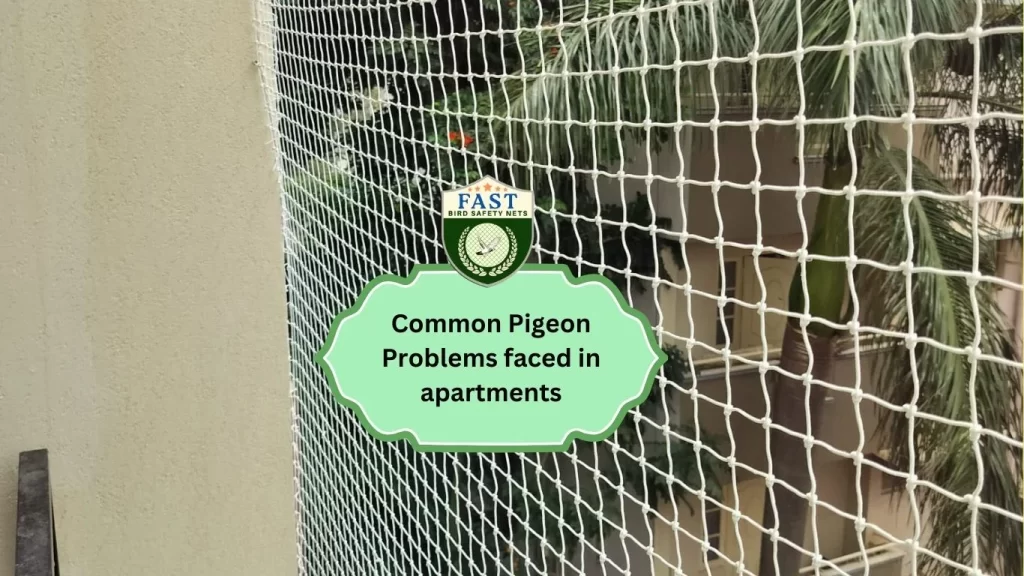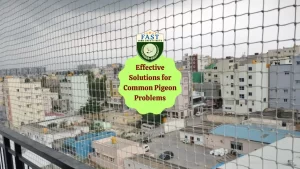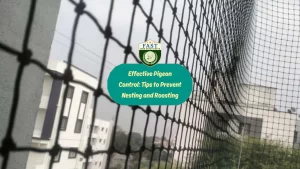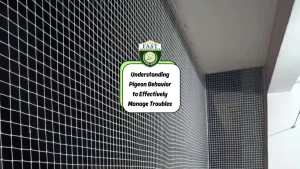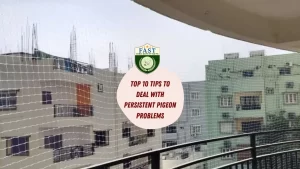Pigeons, with their cooing and fluttering, may seem like harmless visitors to urban environments. However, for apartment dwellers, these birds can pose a range of problems that disrupt daily life and compromise the cleanliness and safety of living spaces. Let’s explore some of the common pigeon problems faced in apartments and practical solutions to mitigate their impact.
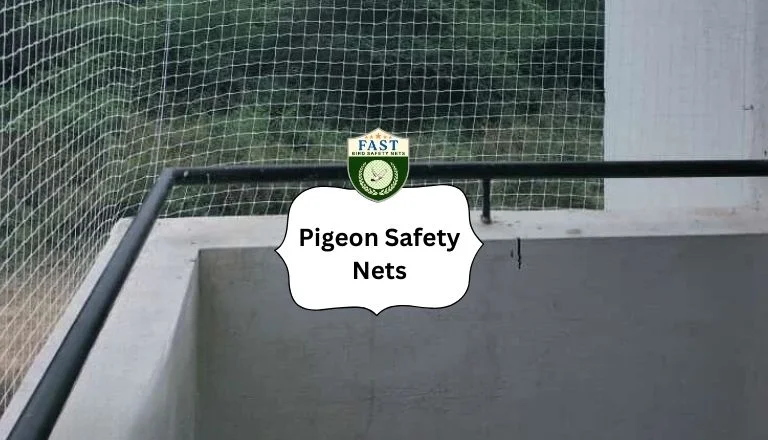
1. Nesting and Roosting:
Pigeons often seek sheltered areas such as balconies, ledges, and air conditioning units to build nests and roost. Their presence not only creates unsightly messes with droppings but also poses health hazards due to the accumulation of feathers, debris, and parasites.
Solution: Install physical deterrents such as bird spikes or bird netting to prevent pigeons from landing or nesting on surfaces. Seal off potential entry points to balconies or windowsills, and regularly clean and disinfect affected areas to deter pigeons from returning.
2. Noise Disturbance:
Pigeons are active throughout the day and can create noise disturbances with their cooing, fluttering, and scratching. This can be particularly bothersome for apartment residents, especially those living in close proximity to nesting sites.
Solution: Utilize sound deterrents such as ultrasonic devices or motion-activated alarms to discourage pigeons from frequenting the vicinity. Additionally, consider installing double-glazed windows or soundproofing materials to minimize noise transmission into living spaces.
3. Property Damage:
Pigeons can cause damage to apartment exteriors, including staining surfaces with their acidic droppings, pecking at building materials, and clogging gutters or drainage systems with nesting materials.
Solution: Regularly inspect and maintain the exterior of the building to identify and address potential entry points or damage caused by pigeons. Implement proactive measures such as installing gutter guards, sealing gaps or cracks in building facades, and using bird repellent gels or sprays to deter pigeons from landing on surfaces.
4. Health Concerns:
Pigeon droppings contain harmful pathogens and allergens that can pose health risks to residents, particularly those with respiratory conditions or weakened immune systems. Inhaling airborne particles from dried droppings or coming into contact with contaminated surfaces can lead to respiratory infections, allergic reactions, or transmission of diseases such as histoplasmosis and cryptococcosis.
Solution: Practice proper hygiene and sanitation measures, including wearing gloves and protective masks when cleaning pigeon-infested areas. Use disinfectants and bird dropping cleaners to remove traces of droppings thoroughly, and ventilate indoor spaces to minimize airborne contaminants.
5. Aesthetic Degradation:
The presence of pigeons and their associated mess can detract from the aesthetic appeal of apartment buildings and communal areas, affecting property values and tenant satisfaction.
Solution: Implement landscaping strategies such as planting thorny or dense vegetation to create natural barriers and discourage pigeons from congregating in outdoor spaces. Engage professional pest control services to conduct regular inspections and implement integrated pest management techniques to control pigeon populations effectively.
Conclusion:
Pigeon problems in apartments can disrupt residents’ quality of life and compromise the cleanliness and safety of living spaces. By understanding the common issues associated with pigeon infestations and implementing proactive deterrent measures, apartment dwellers can mitigate the impact of pigeons and create a more harmonious and comfortable living environment. From installing physical barriers such as pigeon netting to practicing proper hygiene and sanitation, addressing pigeon problems requires a multi-faceted approach that prioritizes prevention and long-term management strategies.

